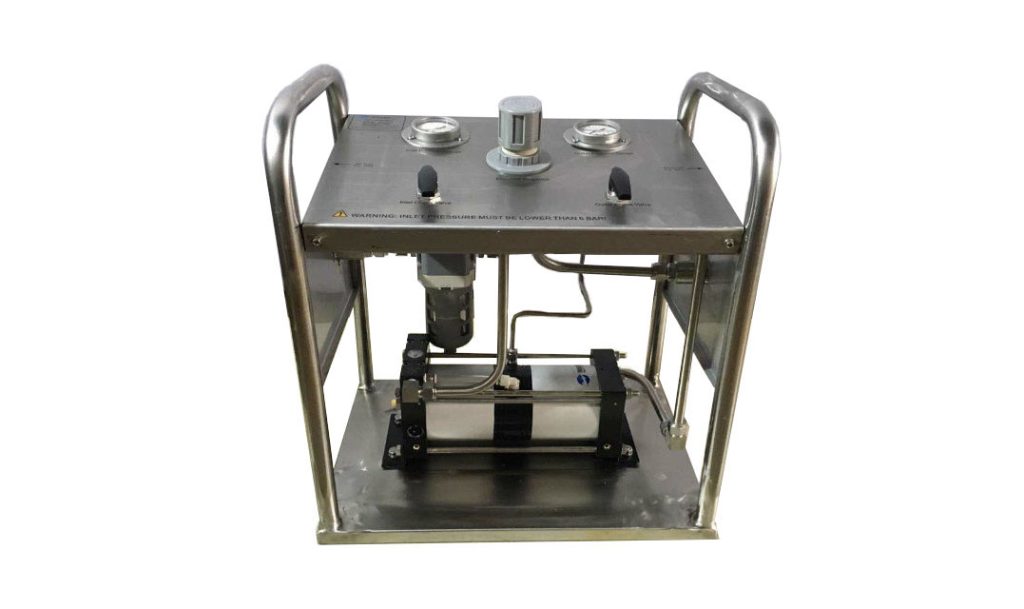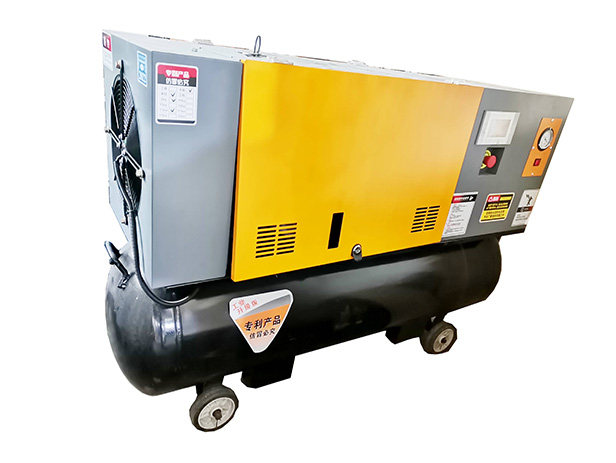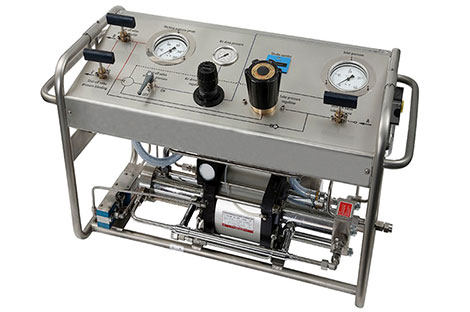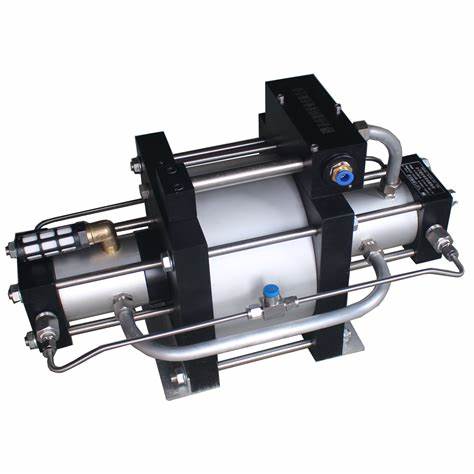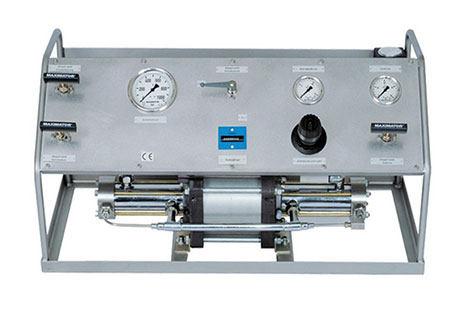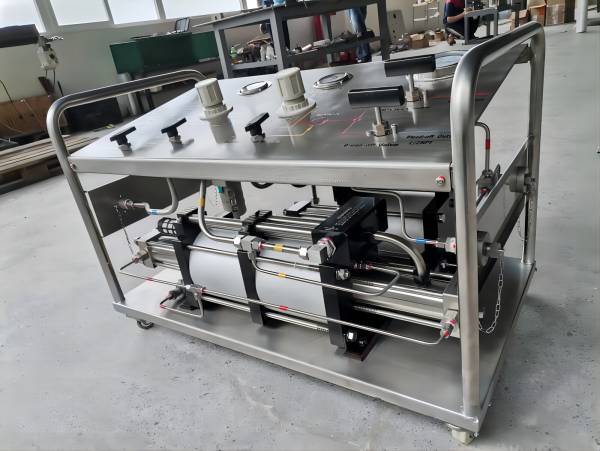Air Amplifiers: Unveiling the Working Principle and Diverse Industrial Applications
In the realm of industrial processes, efficiency and efficacy are paramount. One remarkable tool that has found its niche across a plethora of applications is the air amplifier. Operating on the principles of fluid dynamics and utilizing the wonders of compressed air, air amplifiers have carved out a vital role in industries ranging from manufacturing to environmental management. In this article, we delve into the working principle of air amplifiers and explore their myriad applications in the industrial landscape.
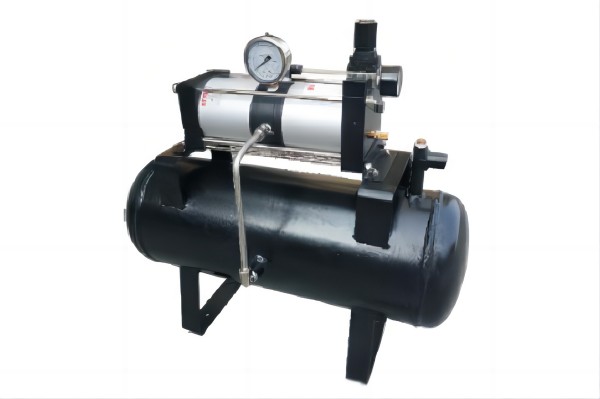
Working Principle of Air Amplifiers
Before diving into its applications, it’s essential to understand the fundamental workings of an air amplifier. At its core, an air amplifier is a device designed to increase the flow of a compressed air stream. It operates based on two key principles: Bernoulli’s principle and the Coanda effect. These principles explain how the air amplifier can generate a significant amplification of airflow using a relatively small amount of compressed air.
Bernoulli’s principle, a cornerstone of fluid dynamics, states that as the speed of a fluid (or air) increases, its pressure decreases. The Coanda effect comes into play when a fluid jet, in this case, the high-velocity compressed air stream, adheres to a nearby surface, following its contours. This adherence causes the surrounding ambient air to be entrained or pulled along with the high-velocity air stream.
Air amplifiers primarily operate in two modes: entrainment and diffusion. In the entrainment mode, the high-velocity compressed air stream draws in and accelerates ambient air, creating a mixed flow that exits the amplifier with a significant increase in overall airflow. On the other hand, in the diffusion mode, the high-velocity air stream expands into a larger area, resulting in a decrease in air velocity and an increase in air pressure.
Industrial Applications of Air Amplifiers
The versatility of air amplifiers becomes evident as we explore their myriad applications across different industries:
- Cooling and Ventilation: In industrial settings where equipment generates excessive heat, such as manufacturing processes or electronic systems, air amplifiers find use in cooling hot surfaces and machinery. They facilitate efficient heat dissipation by increasing the rate of convective cooling. Additionally, in confined spaces where natural ventilation is limited, air amplifiers aid in effective air exchange, ensuring a safe working environment.
- Material Handling and Conveying: Air amplifiers play a crucial role in material handling and conveying operations. They are used to transport bulk materials, such as powders or granules, in various processing industries. By entraining ambient air, air amplifiers can create powerful air streams capable of propelling materials through pipelines or chutes. This application is particularly useful in industries like food processing and pharmaceuticals.
- Drying and Decontamination: Manufacturing processes often involve the use of liquids that need to be dried from surfaces or components. Air amplifiers assist in speeding up the drying process by generating high-velocity airflow that promotes evaporation. Moreover, air amplifiers find utility in decontamination processes, where they aid in removing contaminants or particles from surfaces through the force of the amplified air stream.
- Gas and Smoke Extraction: In industrial settings that produce fumes, gases, or smoke, air quality is a significant concern. Air amplifiers offer an effective solution by entraining and removing polluted air, thus improving indoor air quality and ensuring a healthier work environment. This application is particularly relevant in welding operations, where harmful fumes are generated.
- Spray Painting and Coating: Achieving uniform and efficient coating application is a challenge in industries such as automotive manufacturing and furniture production. Air amplifiers come to the rescue by creating controlled airflows that assist in proper paint or coating dispersion, resulting in reduced overspray and improved coating quality.
- Aeration and Agitation: In processes involving liquids, such as mixing chemicals in tanks or oxygenating wastewater in treatment plants, air amplifiers find their place. By diffusing the high-velocity air stream into the liquid, they facilitate thorough mixing and aeration, promoting chemical reactions and maintaining homogeneous compositions.
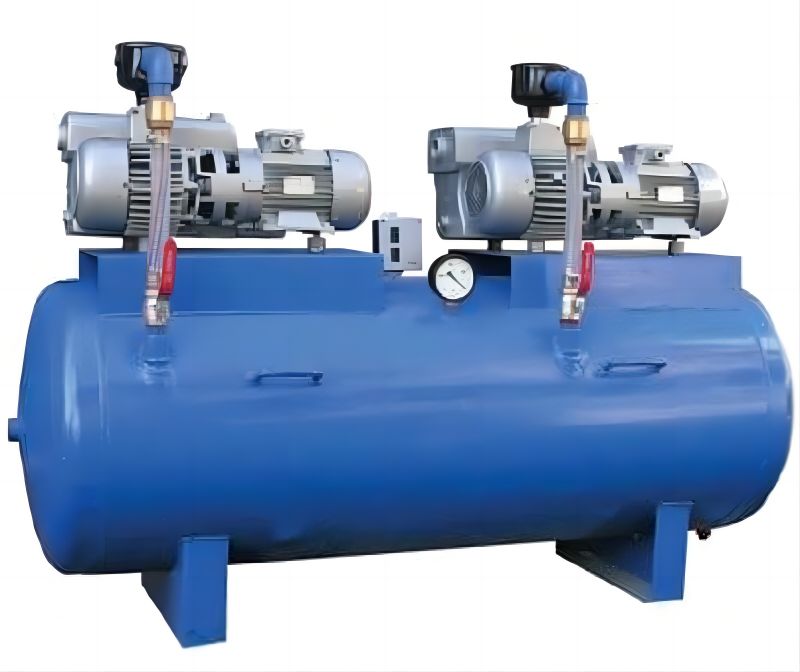
Advantages of Air Amplifiers in Industrial Applications
The prevalence of air amplifiers across industries can be attributed to several advantages they offer:
- Energy Efficiency and Cost-effectiveness: Air amplifiers are energy-efficient tools that leverage compressed air to achieve their amplification effects. This translates to lower operational costs, making them an attractive option for businesses aiming to optimize their processes while managing expenses.
- Simple Design and Low Maintenance: Air amplifiers boast a straightforward design with minimal moving parts. This simplicity not only makes them reliable but also reduces maintenance requirements, leading to decreased downtime and increased productivity.
- Versatility and Adaptability: Air amplifiers can be tailored to suit various applications by adjusting factors such as air pressure, flow rate, and geometry. This adaptability makes them versatile tools that can be integrated into diverse industrial setups.
- Non-Electrical Operation: In scenarios where electrical components pose a risk or are unsuitable, air amplifiers provide a non-electrical alternative. They rely solely on compressed air, making them suitable for environments where electrical equipment might be hazardous.
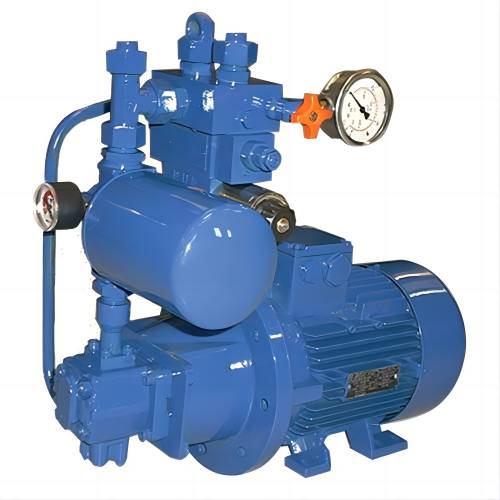
Summary
In conclusion, air amplifiers are indispensable assets in the realm of industrial processes, offering efficient and versatile solutions across a spectrum of applications. By capitalizing on fluid dynamics principles and the power of compressed air, these devices enhance cooling, material handling, drying, extraction, coating, and more. As industries continue to seek efficient and sustainable ways to optimize their operations, air amplifiers are likely to maintain their pivotal role in shaping the future of industrial processes.

